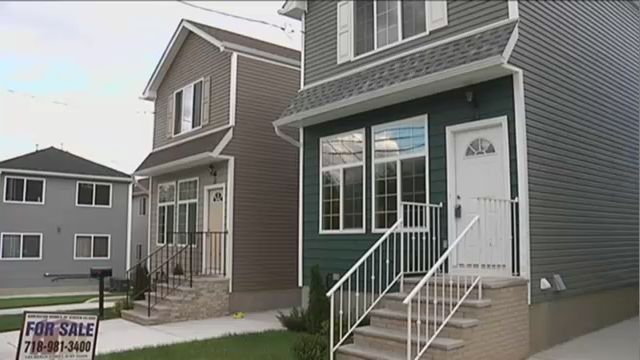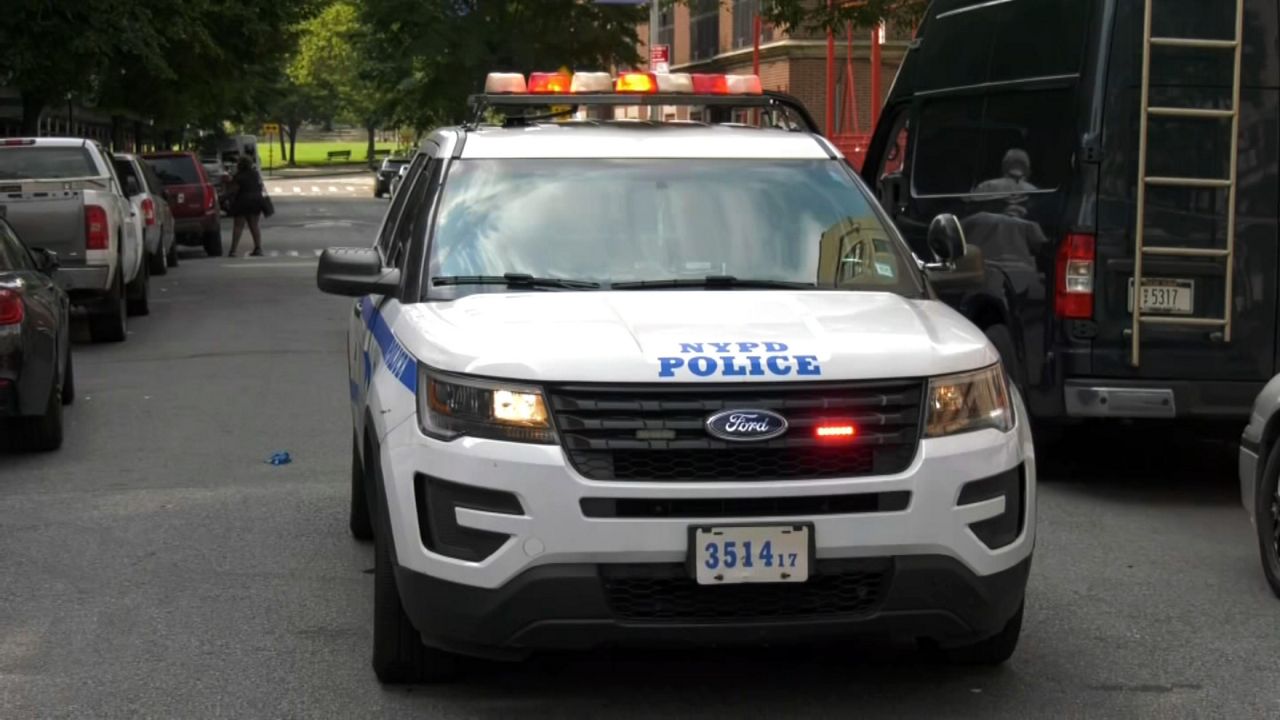TAMPA, Fla. — It’s the first constitutional amendment Florida voters will see on the ballot. Amendment 1 has an enticing name for homeowners too.
FAST FACTS ON AMENDMENT 1
- READ the Amendment 1 full text (.pdf)
- Voting yes for Amendment One means you want the additional homestead exemption
- Voting no on Amendment One means you want to keep the exemptions the way they are
- State legislature says Amendment 1 would make homes more affordable
- City, county governments say it would lead to cuts in critical services
- IN FOCUS: Watch our half-hour show looking at Amendment 1
The amendment is called “Increased Homestead Property Tax Exemption.” It gives an additional tax break to homestead property with an assessed value that’s greater than $100,000.
What is the Homestead Exemption?
The Homestead Exemption is a property tax exemption on all primary homes. If you live in a home you own and are a permanent Florida resident, you can get this exemption, which will lower the property tax you pay.
Right now there are two homestead exemptions. The first exempts $25,000 from all property tax rates (called millage rates) that are assessed against your home.
Then there is a second homestead exemption, which exempts another $25,000 from homes with assessed value between $50,000 and $75,000, for all property tax rates except school rates.
According to Florida's county property appraisers, right now Florida homeowners save $400 to $1,000 on their property tax bills through the current homestead exemption.
- DECISION 2018: Latest News | Voting Guide
What does Amendment 1 do?
This amendment would add a third homestead exemption.
Properties assessed greater than $100,000 and under $125,000 would get a partial savings. Homestead property assessed at $125,000 or more would get the entire savings.
This would affect all property tax rates except school rates.
The full tax break would be between $200 to $400 each year for Florida homeowners who qualify.
How do I know if I qualify?
Therein lies the rub, according to Hillsborough County Property Appraiser Bob Henriquez.
“This additional homestead exemption is based on your assessed value, not your just or market value,” Henriquez said. “So there are folks out there who will be looking and saying my house is worth $250,000 on the market today so I’m going to benefit. They may not if they’ve been in their home a long time and their assessed value is below $100,000.”
In Pinellas County, property appraiser Mike Twitty developed a way for homeowners in most counties to see how they may be impacted by Amendment 1. It's a Homestead Exemption calculator, and residents of most counties in Florida can try it out to see if they would see any savings. Head to the website, choose your county from the drop down menu, then type your address (make sure not to use abbreviations unless they are part of the name).
“This tool will simply tell you if you qualify and what your potential savings might be,” Twitty said.
Who is against Amendment 1?
If passed, state officials have estimated Amendment 1 could have a $645 million impact in the first year. That is based on a Florida House legislative analysis that was written when the Florida legislature passed the amendment in 2017.
That's unnecessary, says Pinellas County Commission Chair Kenneth Welch.
City and county officials across Florida have complained that Amendment 1 takes away funding from government services. That includes public safety, health and human services, roads and transportation, and park and recreation.
“We have a whole category of contingent items that will not be funded if Amendment 1 passes,” Welch said.
Homeowner and retired law enforcement officer Fred Ryder said that is why he’s voting against Amendment 1.
“You can only think what’ll have if you cut taxes,” Ryder said.
In fact, the legislature acknowledged this by passing HB 7107, which Gov. Scott signed into law, which would require the state to provide extra money to poorer counties who would be hit harder by Amendment 1.
Who supports Amendment 1?
Amendment One was put on the ballot by the Florida Legislature, saying it would make homes more affordable.
The amendment needs 60 percent of voter approval to be put into the Florida constitution.
If approved, the increased homestead exemption would take affect January 1, 2019.








